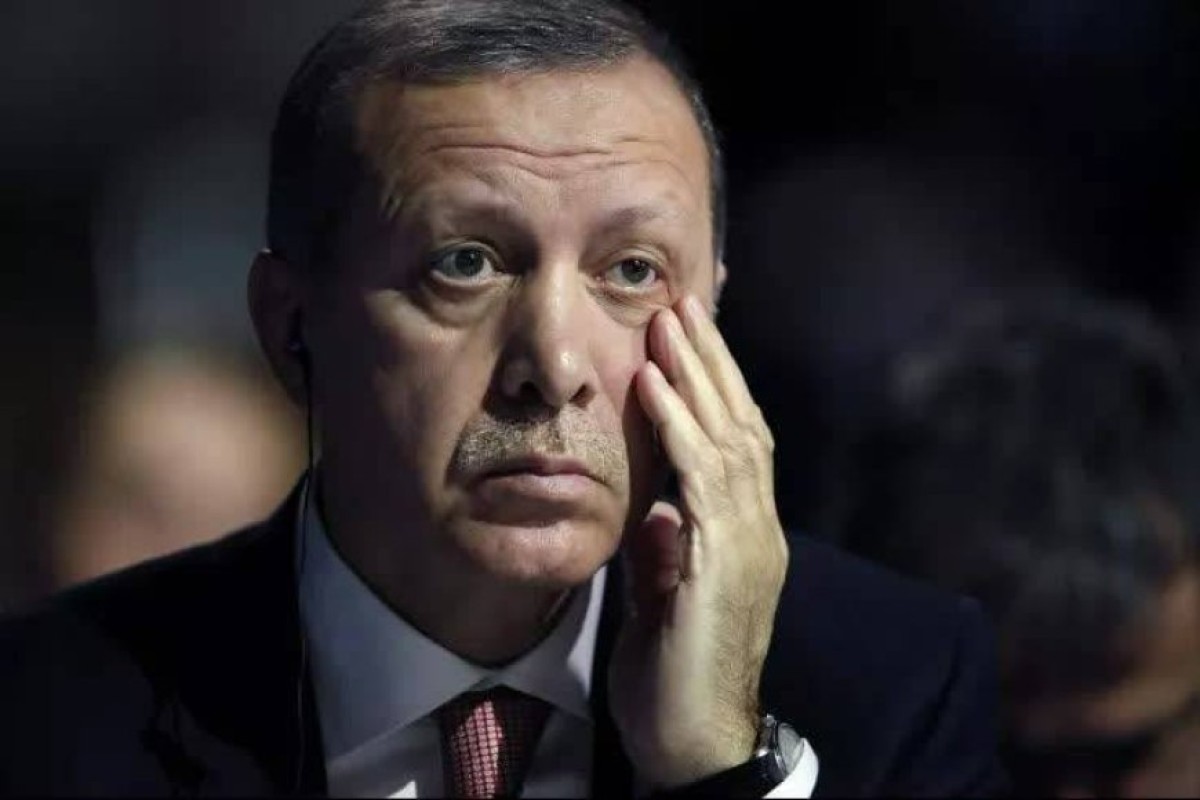 479
479
Erdoğan's Electoral Setback: A U-Turn in Turkish Politics?
Erdoğan's Electoral Setback: A U-Turn in Turkish Politics?
By: N. Daneshvar
In a profound reflection on the political landscape of Turkey, nearly a year after the momentous general elections, which heralded the triumph of Recep Tayyip Erdoğan, a consequential chapter unfolded on March 31 with the regional elections held across the Middle East nation. These elections were pivotal in determining the local leadership, encompassing the selection of city mayors and governors at the grassroots level.
The electoral battleground was reminiscent of the previous election season, marked by the fierce rivalry between the Justice and Development Party and the People's Republican Party (CHP) in the key metropolitan hubs of Ankara, Istanbul, and Izmir. The outcome of the elections mirrored a familiar narrative, with Erdoğan's adversaries from the People's Republican Party clinching victory once again.
It is imperative to underscore that the significance of the Istanbul elections transcends mere local ramifications, resonating as a barometer of political sentiment at the national level. Erdoğan, buoyed by his earlier electoral success, underscored the strategic importance of these local polls, emphasizing his party's concerted efforts to secure victory in Istanbul. In a meticulously orchestrated campaign strategy, Erdoğan traversed over 50 cities and provinces, diligently promoting his party's candidates and orchestrating a series of events in Istanbul.
Conversely, the opposition forces in Turkey endeavored to capitalize on the electoral opportunity presented by the municipal polls, seeking to redress the setbacks suffered in the previous presidential and parliamentary elections. Notably, the demographic weight of Istanbul and Ankara, harboring over a quarter of the country's population, underscores their pivotal role in shaping the political trajectory of Turkey.
The genesis of Erdoğan's political journey from the Istanbul Municipality underscores the symbolic significance attached to these elections. However, the post-election scenario unfolded with Erdoğan expressing discontent over the results, acknowledging a perceptible wane in his party's popularity.
Traditionally, the epicenter of electoral contention in Turkey has revolved around Istanbul, the pulsating economic heart, and Ankara, the political nerve center. While Izmir, as the third-largest city, has played a contributory role in the electoral dynamics, its allegiance to the People's Republican Party has remained steadfast over the years.
The fierce electoral tussle in Ankara and Istanbul crystallized the ideological schism between the ruling Justice and Development Party, helmed by Erdoğan, and the opposition People's Republican CHP. The electoral ascendancy of Ekrem İmamoğlu, the incumbent mayor of Istanbul from the People's Republican Party, epitomizes a seismic shift in the political landscape, heralding an unprecedented electoral setback for Erdoğan and his party.
Erdoğan's resurgence as the President of Turkey in 2023, coupled with a parliamentary majority secured with nationalist allies, seemed to consolidate his political hegemony. However, the recent electoral verdicts have punctuated a decline in Erdoğan's sway over the major urban bastions, heralding a recalibration of power dynamics within the NATO-aligned nation.
The burgeoning public anticipation for İmamoğlu to ascend to a national leadership role underscores a paradigm shift in the political zeitgeist. As per the unwritten convention in Turkish politics, the victor in Istanbul often emerges as a potent contender in subsequent national elections—a trajectory that portends a transformative phase in the pluralistic political tapestry and burgeoning economy of this Muslim-majority nation.
In conclusion, the palpable decline in the acceptability of Erdoğan's Justice and Development Party portends a looming denouement for the stalwart leader, who, per his official proclamations, contemplates a gradual exit from the political realm in the foreseeable future. The winds of change are palpable, heralding a new chapter in the annals of Turkish politics, where the legacy of İmamoğlu and the evolving electoral dynamics promise a riveting narrative in the years to come.
 479
479
Comment
Post a comment for this article